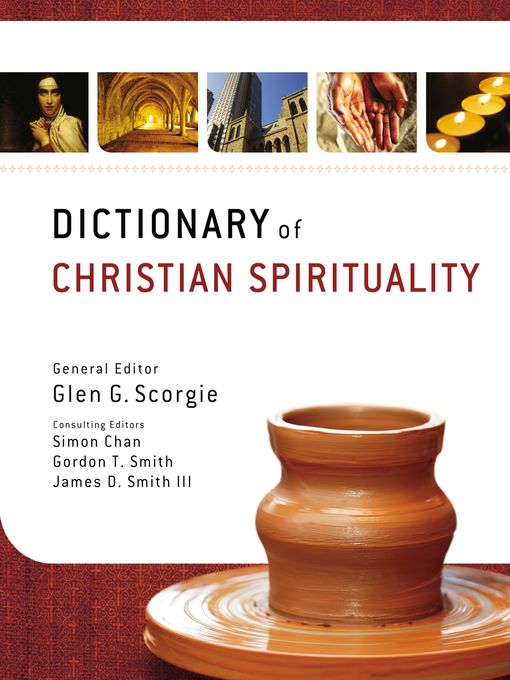
Dictionary of Christian Spirituality
کتاب های مرتبط
- اطلاعات
- نقد و بررسی
- دیدگاه کاربران
نقد و بررسی

August 1, 2011
Scorgie (theology, Bethel Seminary) and Simon Chan, Gordon T. Smith, and James D. Smith III's impressive and well-researched volume assembles 34 articles and almost 700 dictionary entries signed by an international group of scholars. The first section presents six- to seven-page entries on topics such as spiritual theology, human personhood, education and spiritual formation, and liturgical spirituality. Also included are articles describing the history of Christian spirituality from 100 C.E. to the present. Each article is followed by a bibliography and a further-reading list. The second section is a dictionary with entries on a broad variety of subjects: biblical figures, popes, mystics, saints, philosophers, spiritual leaders, and educators, as well as concepts and areas of concern including poverty, humanism, suffering, vows, the Kingdom of God, and peace. Dictionary entries conclude with cross-references and a further reading list. Scorgie's intended audience is the evangelical community, but the wide scope of material covers foundational areas of interest that will appeal to people along the spectrum of Christianity. BOTTOM LINE This clear, understandable text with its singular features and perspective deserves a place alongside Philip Sheldrake's The New Westminster Dictionary of Christian Spirituality (Westminster John Knox Press, 2005) and Arthur Holder's The Blackwell Companion to Christian Spirituality (Wiley-Blackwell, 2010). Valuable for educators, clergy, students, and general readers; highly recommended for academic, seminary, large public, and church libraries.--Jackie Parascandola, Columbia Univ. Libs., New York
Copyright 2011 Library Journal, LLC Used with permission.

November 15, 2011
Spirituality is a difficult word to define. Although it can loosely indicate attachment to or regard for things of the spirit, more often than not it is associated with a particular religious tradition, faith community, or belief system and encompasses an individual's experience and practice of his or her faith as well as the spiritual exercises used to enhance a personal relationship with God or the transcendent. Accordingly, this new reference work presents the people, places, and practices that comprise Christianity's spiritual traditions. The volume is divided into two parts. The first consists of no fewer than 34 introductory essays, covering such topics as the biblical foundations of Christian spirituality, mysticism, prayer, and the history of Christian spirituality during various historical periods. The second presents the alphabetically arranged entries, which include topics such as Contemplation and Meditation. The intersection of Christian spirituality with real-life problems is explored in entries for Midlife transition, Parenting, and Social justice. The unique contributions and experiences of women are reflected in entries for Feminist spirituality, Mujerista spirituality, and Womanist spirituality. Finally, descriptions of Buddhist spirituality, Hindu spirituality, and Nature mysticism introduce non-Christian spiritual traditions. Entries include good cross-referencing and nice supplemental bibliographies. Suffused with an evangelical perspective and committed to presenting the distinctive themes of that tradition within Christianity, the Dictionary of Christian Spirituality complements other reference works, such as the New Dictionary of Catholic Spirituality (Liturgical, 1993) and The New Westminster Dictionary of Christian Spirituality (Westminster, 2005). Recommended for theological and research collections.(Reprinted with permission of Booklist, copyright 2011, American Library Association.)

























دیدگاه کاربران